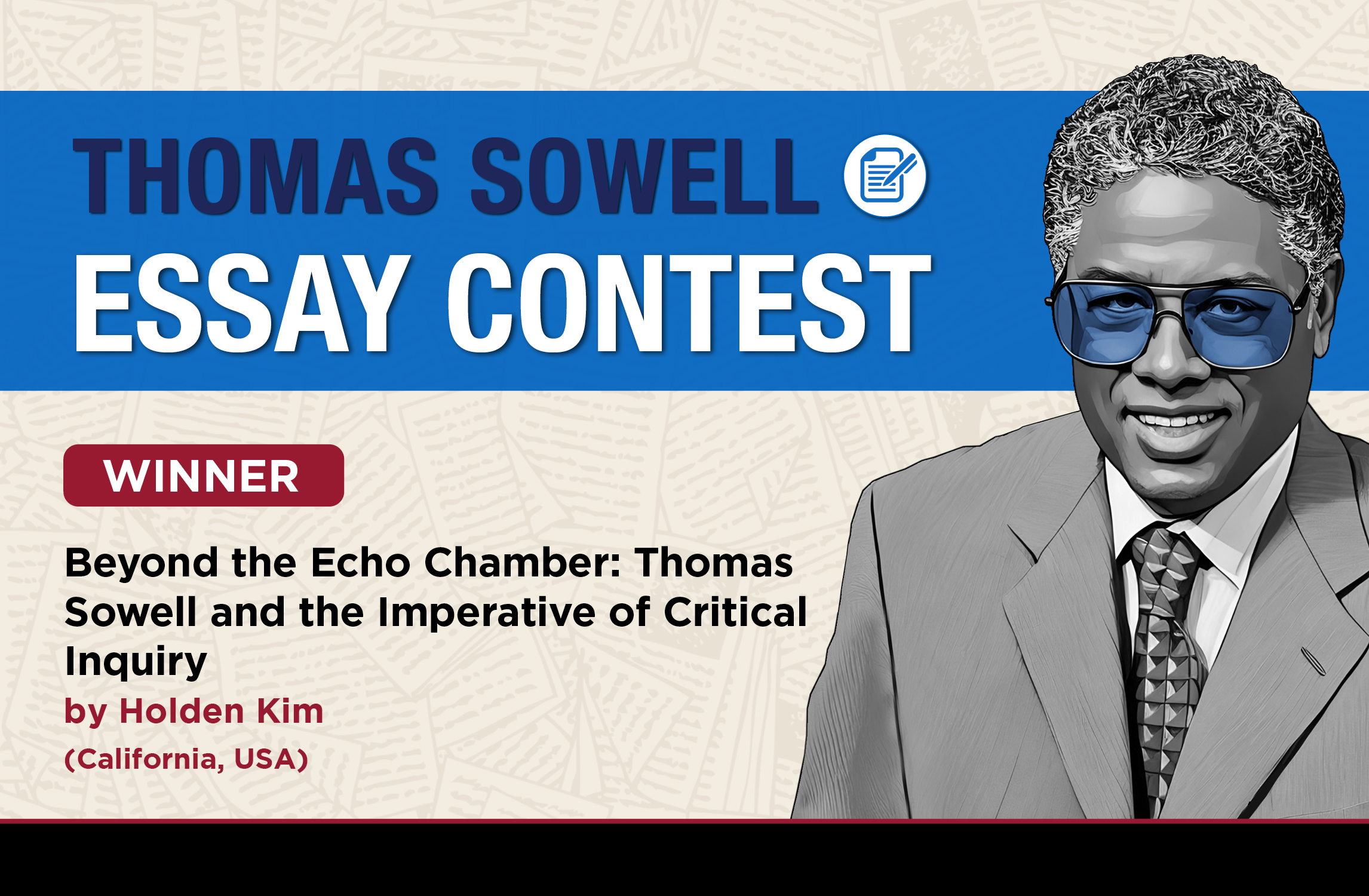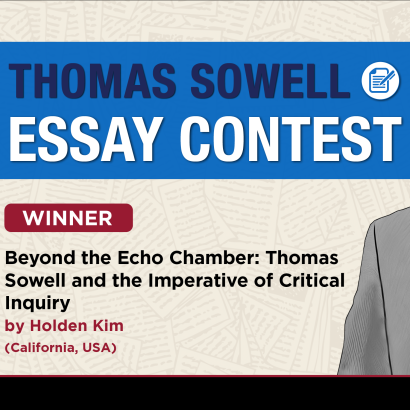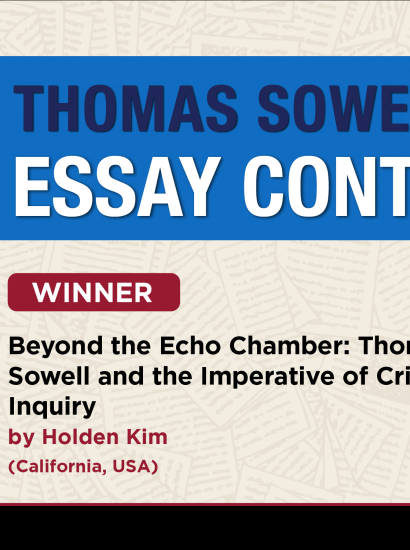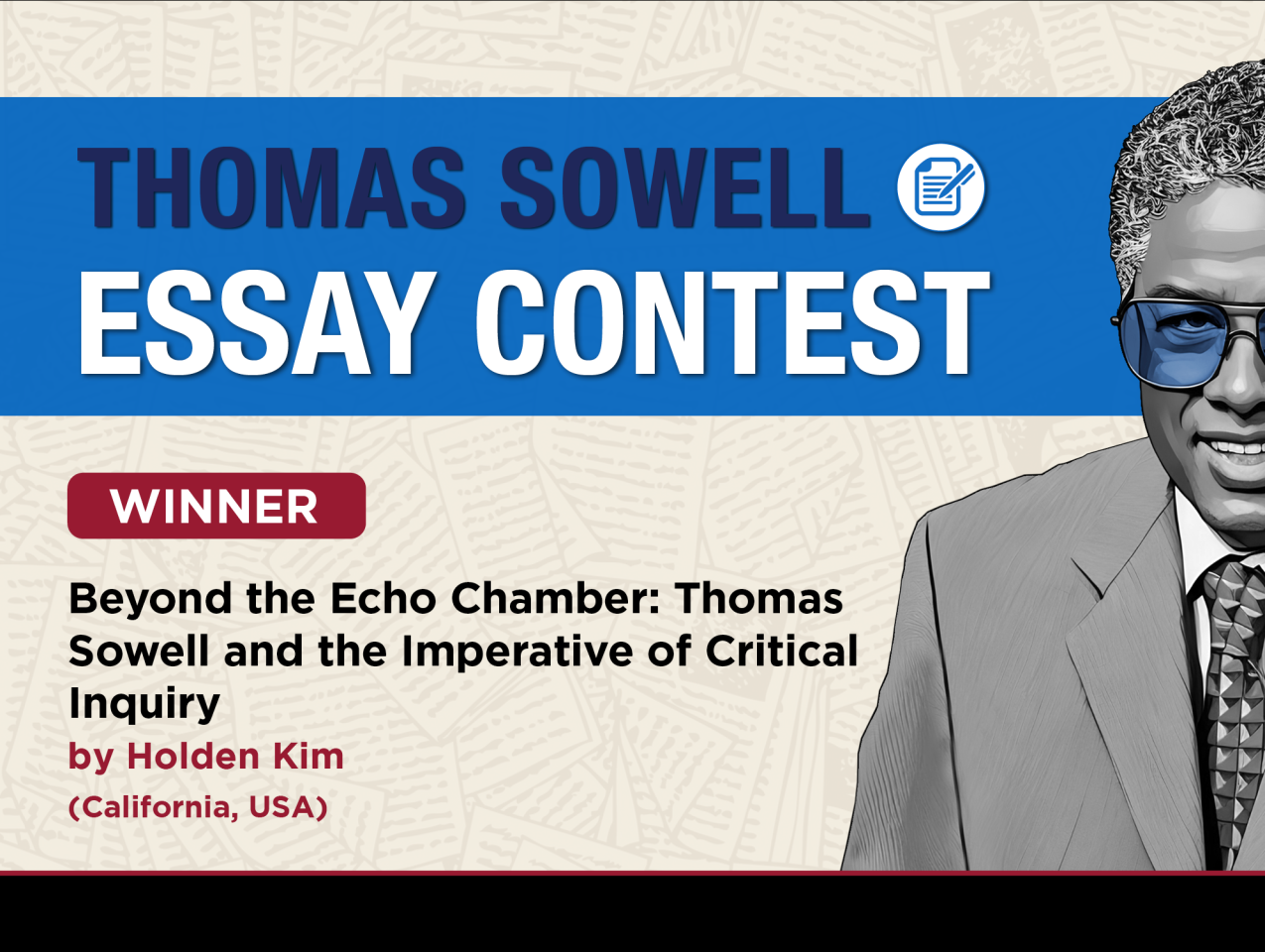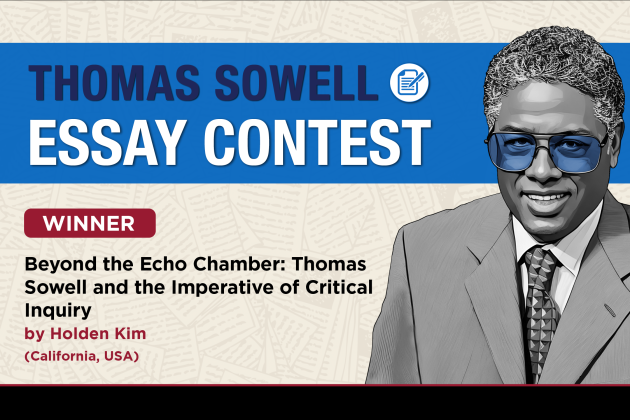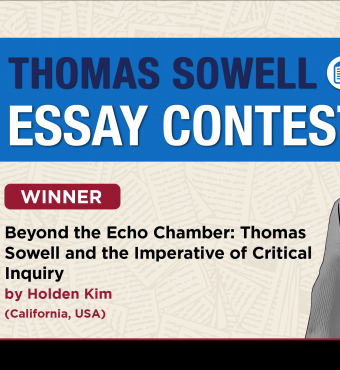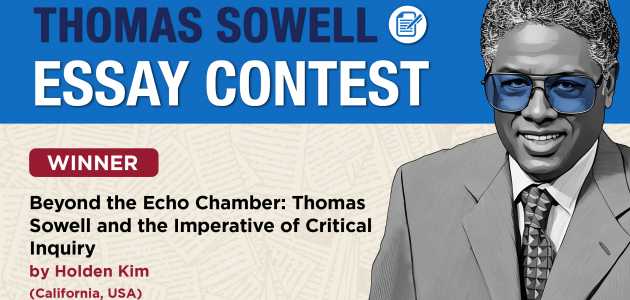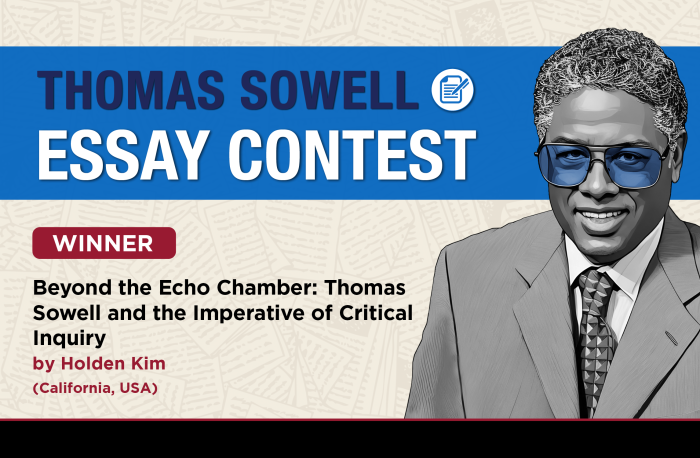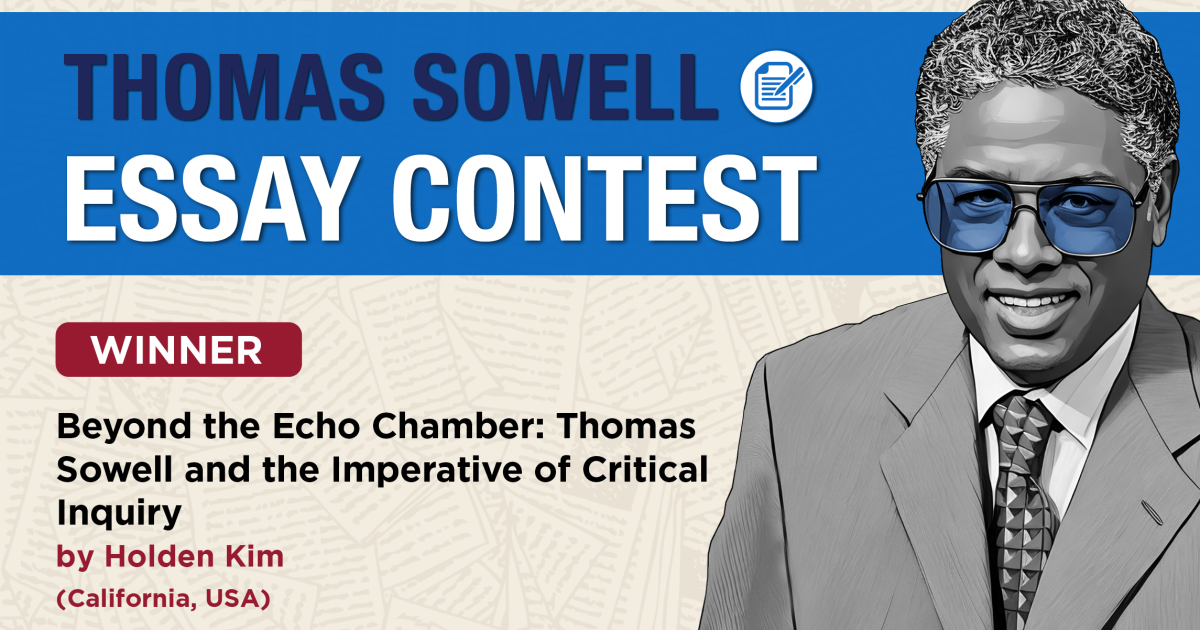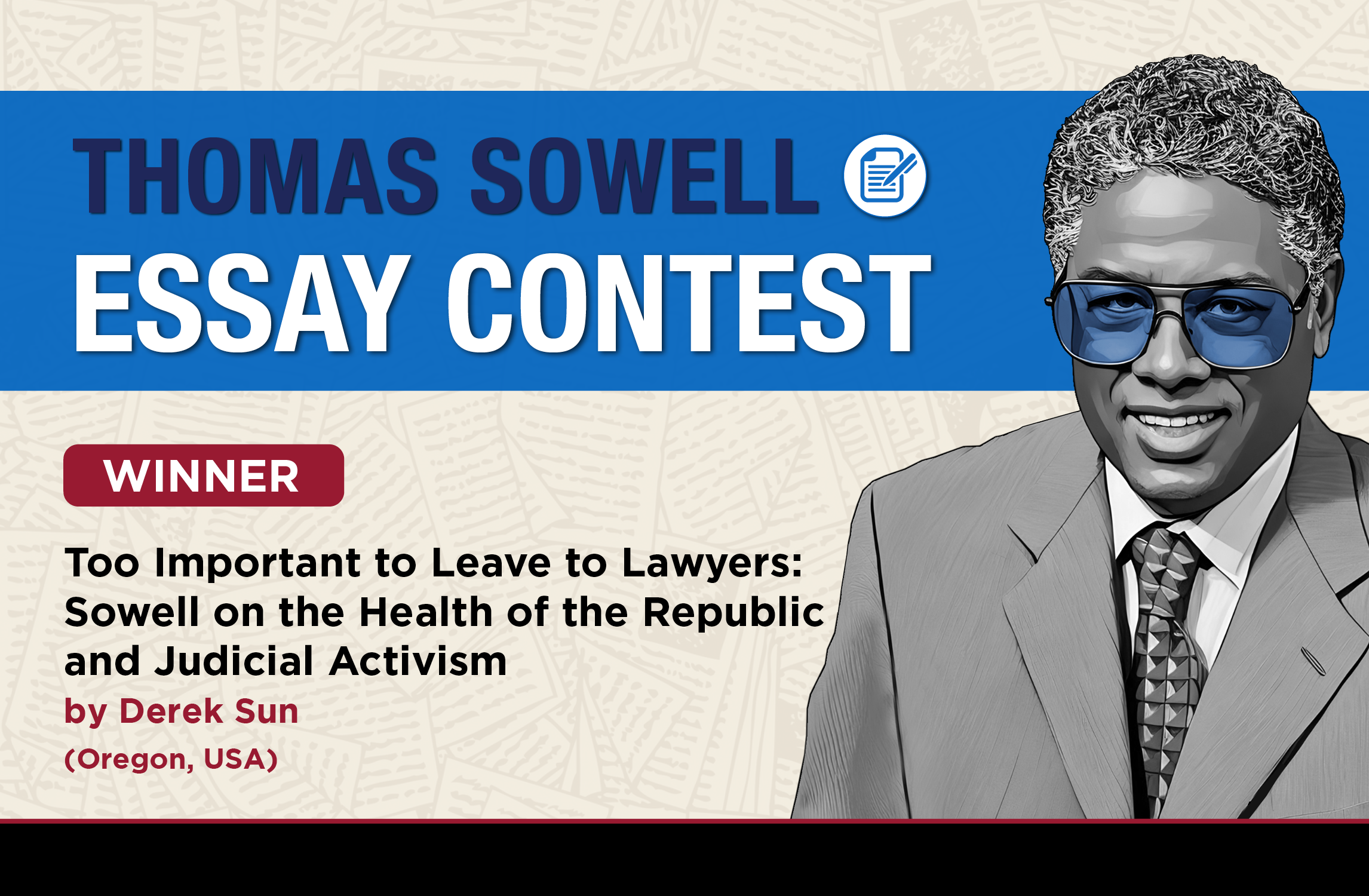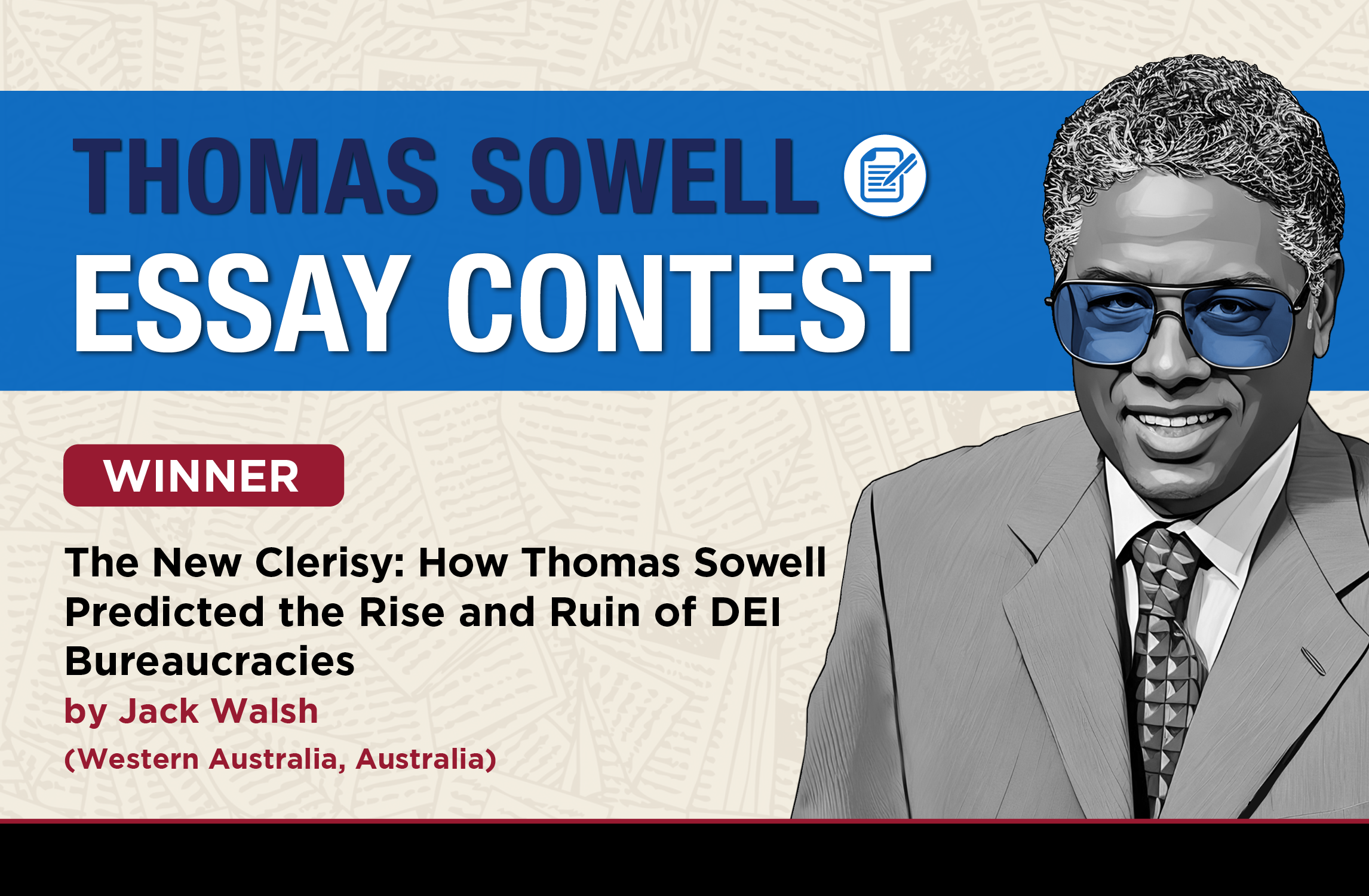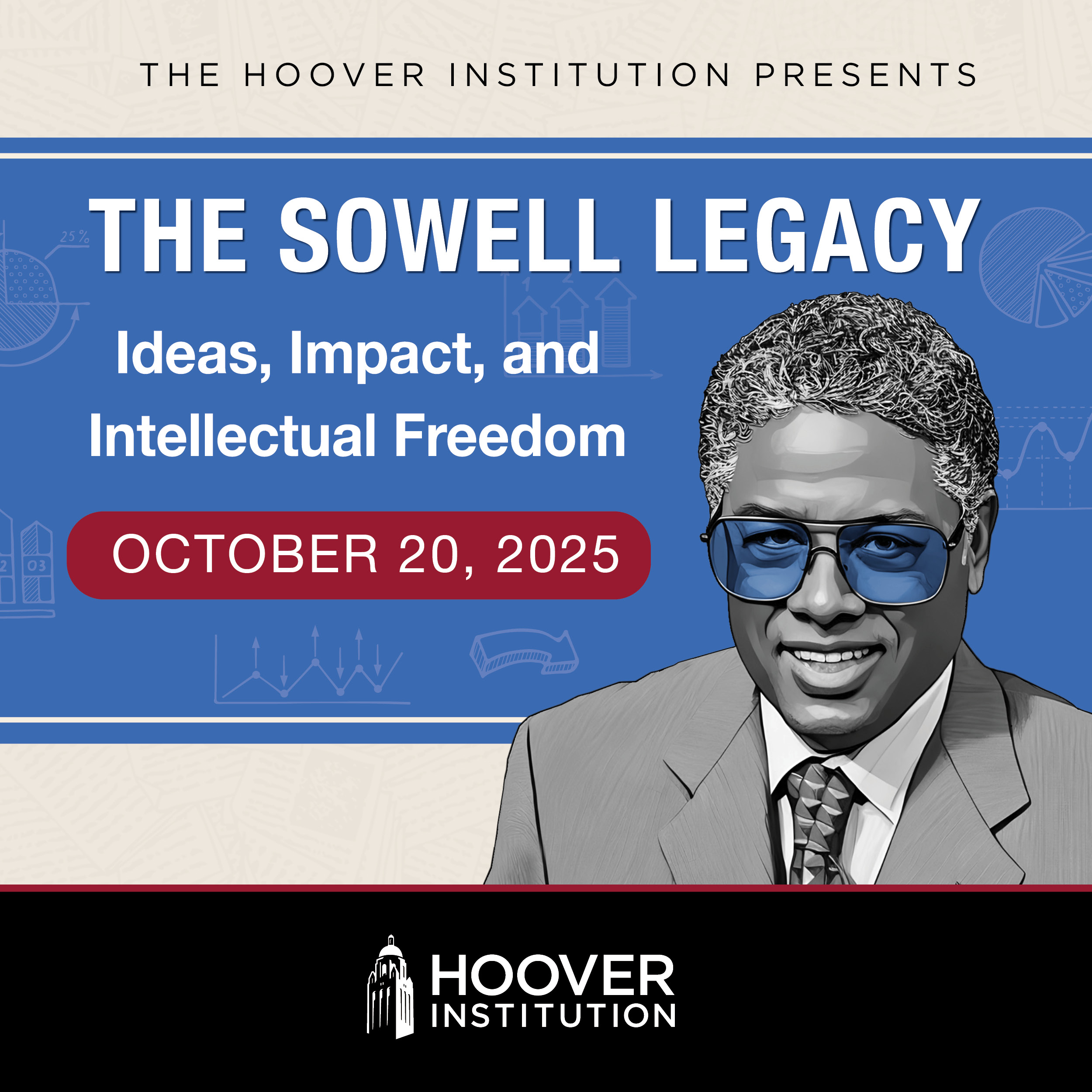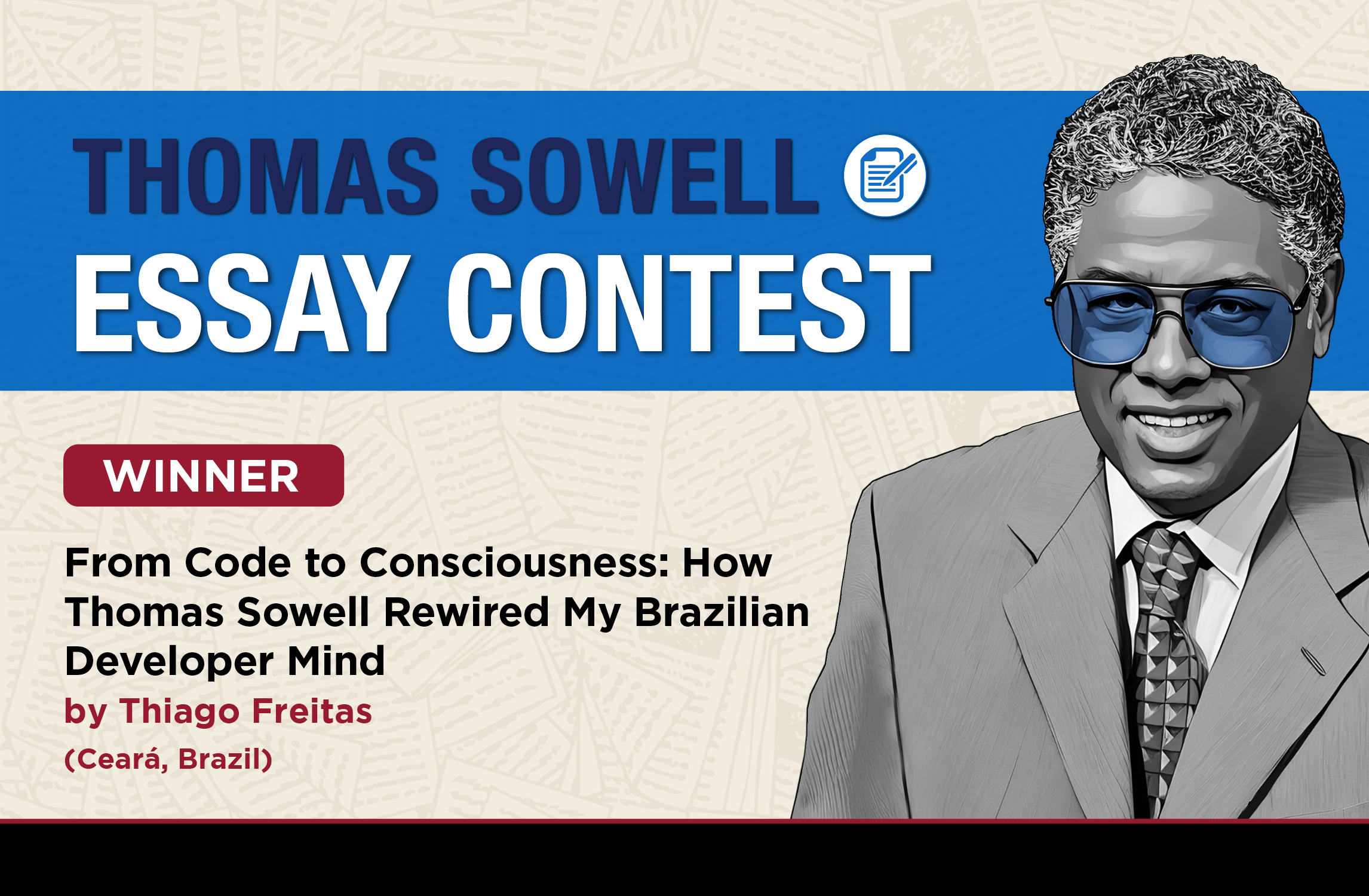
Enlightenment philosopher François-Marie Arouet, better known by his pen name Voltaire, is often remembered as one of history’s most ardent proponents of free speech: “I disapprove of what you say, but I will defend to the death your right to say it” (Hall, 1906, p. 199). Although Voltaire could not have foreseen it, three centuries later such vigorous defense of free expression has become a foundational tenet of modern democracies the world over, perhaps most famously as enshrined in the First Amendment of the U.S. Constitution. Yet what once seemed like a settled, bedrock principle is now under strain. In the United States, and especially within its educational institutions, free speech is increasingly imperiled. A 2024 Harvard Youth Poll revealed that one in three students aged 18-29 feel uncomfortable voicing their political opinions in class, a sharp increase from thirteen percent just nine years prior (Institute of Politics, 2024). Similarly, a 2022 study conducted by political science professors at the University of North Carolina at Chapel Hill reported that nearly seventy percent of right-leaning students feel uncomfortable expressing political views on campus due to fear of negative peer reactions or social ostracism (Ryan et al., 2022). These findings suggest that the very spaces meant to foster intellectual growth and critical debate have instead become environments of caution and self-censorship.
With his characteristic prescience in identifying broad social patterns and shifts, Thomas Sowell early recognized this trend, observing that “too many people today act as if no one can honestly disagree with them” and that “the art of disagreeing is vanishing” (Sowell, 2005). Warnings about the privileging of dominant narratives and suppression of dissent appear even in his early works (Sowell, 1980, 1993, 1995) and recur throughout his scholarship. Sowell critiques such undue deference to prevailing orthodoxies, arguing that persistent and disciplined critical inquiry is essential to the honing and transmission of knowledge itself.
Sowell voices concern regarding the dilution of these principles within the field of education in particular, stating that American schools are no longer upholding their core commitments to open and honest dialogue. Writing in 2005, he notes that “50 years ago or earlier, exposing students to a different viewpoint was considered to be a valuable part of their education” (Sowell, 2005). Sowell elucidates how this erosion of free expression gives rise to particularly deleterious and far-reaching impacts when occurring within educational institutions. According to Sowell (1992), the purpose of education is not to teach students which ideas are “right” or “wrong” per se, but rather, to foster habits of rigorous inquiry and debate which, in turn, equip new generations to critically assess for themselves which beliefs are most consistent with evidence and reason.
As a member of Generation Z, raised in an unapologetically progressive household and educated in schools unequivocally liberal in orientation, Sowell’s cautions against viewpoint monopolies (Sowell, 2016) did not immediately resonate; after all, why would one lament the absence of political or philosophical discord within one’s immediate circle? It took some time for me to appreciate the latent risks of self-reinforcing ideological homogeneity and the liabilities attendant to living within the proverbial echo chamber. Indeed, as a younger person, I found comfort in, and even celebrated, the ideological consensus that characterized my personal milieu, as well as, to a large degree, the broader urban community in which I lived. However, as Sowell (2016) keenly observes, lack of opposition may give rise to “sloppy habits of dismissing or even demonizing differing viewpoints”; as it turns out, the clash of ideas is vital to cultivating clarity of thought and epistemological rigor.
The validity of Sowell’s warnings only began to crystallize in more recent years, primarily as a consequence of my growing interest in social policy and electoral processes. Study of these topics inevitably exposed the cleavages and deepening polarization of the American polity – a widely recognized phenomenon that has been the frequent subject of popular and scholarly inquiry. Like those around me, I felt deeply perplexed how reasonable, rational Americans of good faith could arrive at perspectives so divergent from my own on so many fundamental issues and, moreover, I struggled to comprehend how we might begin to bridge that divide. Ultimately, however, it was not such weighty dilemmas that fully impressed upon me the importance of developing effective tools to navigate seemingly impassable ideological differences. Rather, a seemingly inconsequential exchange with my grandfather served as the unlikely touchstone for this realization. This incident, trivial as it first appeared, seemed to instantiate Sowell’s concern that when interlocutors opt out of good faith debate and, instead, retreat to condemnation from their respective corners, much more is lost than mere civic amity. As Sowell (1996) posits, it is from the rigorous trial of disputation that sound and resilient ideas emerge. Thus, the very mechanism of knowledge production deteriorates when dissent is stifled.
At the outset, my grandfather and I appeared at an impasse. On the one hand, I (like all my peers and mentors) categorically condemned a contemporary world leader who had deployed what I viewed to be excessive authoritarian measures to quash public protest, while he, whose formative years were shaped by escape from a brutal communist regime, defended those same actions as well-justified bulwarks against radical subversion. Our positions seemed mutually exclusive. However, as we slowly began to reframe our exchange in the spirit of rigorous, fact-based inquiry, this episode bore out Sowell’s argument that dissent operates as a vital feedback mechanism and an epistemic safeguard against bias or error. We came to understand we each privileged a different constellation of evidence: I emphasized the systemic dangers of unchecked power and democratic erosion, whereas my grandfather foregrounded the existential security threats he believed popular unrest may ignite. By attempting a return to first principles and an objective weighing of costs and trade-offs, as Sowell (1987) prescribes, I came to appreciate how my grandfather’s anti-communist convictions, borne of lived experience, amplified his tolerance of authoritarian power, while he came to recognize that my objections reflected not a utopian idealism of the unconstrained vision (Sowell, 1987) but the prioritization of constitutional accountability over concerns about national security.
Ultimately, while my grandfather and I did not fully resolve our differences, this episode underscored a key principle of Sowell’s work: that a disciplined clash of ideas, even when uncomfortable, is essential for genuine understanding. As Sowell (2005) reminds us, “out of disagreements have often come deeper understandings than either side had before confronting each other’s arguments.” This small exchange with my grandfather showcased how principled debate clarifies not only the evidence each side uses, but also the underlying assumptions, priorities, and lived experiences that shape differing conclusions. As Sowell argues, even in the absence of agreement, an honest exchange of ideas, grounded in evidence rather than sentiment, serves to strengthen one’s convictions and, moreover, advances knowledge. In this way, moments of critical discourse fulfill what Sowell (1992) describes as the true mission of education: not to impose prescriptions, but to cultivate the intellectual habits necessary to refine one’s own reasoning while also expanding our capacity to understand others.
Notably, Sowell’s writings demonstrate that this imperative extends well beyond disagreements. He warns that when educational institutions succumb to one-sided thinking or “groupthink” (Sowell, 2016), the very processes by which knowledge is tested, refined, and transmitted are endangered. The preservation of free inquiry is therefore not merely an abstract principle but a functional necessity for intellectual progress and, therefore, for the flourishing of any democratic society. In this regard, Sowell’s work offers a fitting reminder and a guiding framework for addressing the rise of cultural polarization and political tribalism discussed earlier in this essay.
Over a lifetime of rigorous and far-reaching scholarship, Thomas Sowell’s principled work has left an indelible mark on American intellectual life. His ongoing work and legacy serve both as an example and a call to action to uphold fidelity to independent thought and to convictions grounded in evidence rather than expedience. His maverick approach to navigating the complexities of economics, social policy, and culture – and his refusal to subordinate truth to popular consensus, partisanship, or convenience – honors the ideals of, and imperative for, critical inquiry and academic rigor. As a passionate student of American history and political science, I am indebted to Sowell’s enduring contributions to advancing the pursuit of knowledge in service of a freer, more informed society, guided by the courage to dissent and the integrity to follow truth wherever the evidence leads.
References
Hall, E. B. (1906). The friends of Voltaire. London: Smith, Elder & Co.
Institute of Politics. (2024). Harvard youth poll: Spring 2024. Harvard Kennedy School. https://iop.harvard.edu/youth-poll
Ryan, T. J., Engelhardt, A. M., Larson, B. S., & McNeilly, C. L. (2022). The state of free expression on campus. University of North Carolina at Chapel Hill. https://fecgsurveyreport.unc.edu
Sowell, T. (1980). Knowledge and decisions. Basic Books.
Sowell, T. (1987). A conflict of visions: Ideological origins of political struggles. William Morrow.
Sowell, T. (1992). Inside American education: The decline, the deception, the dogmas. Free Press.
Sowell, T. (1993). Is reality optional? And other essays. Hoover Institution Press.
Sowell, T. (1995). The vision of the anointed: Self-congratulation as a basis for social policy. Basic Books.
Sowell, T. (1996). Migrations and cultures: A world view. Basic Books.
Sowell, T. (2005, January 15). Rational disagreement. Capitalism Magazine. https://capitalismmagazine.com/2005/01/rational-disagreement/
Sowell, T. (2016, May 24). Dry rot in academia. Creators Syndicate. https://www.creators.com/read/thomas-sowell/dry-rot-in-academia







